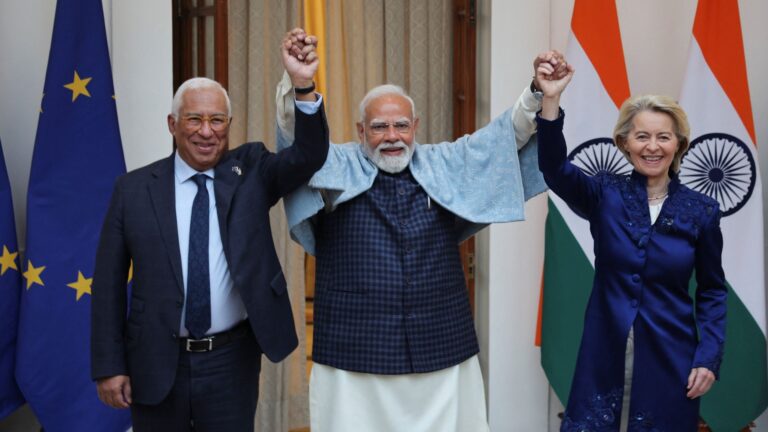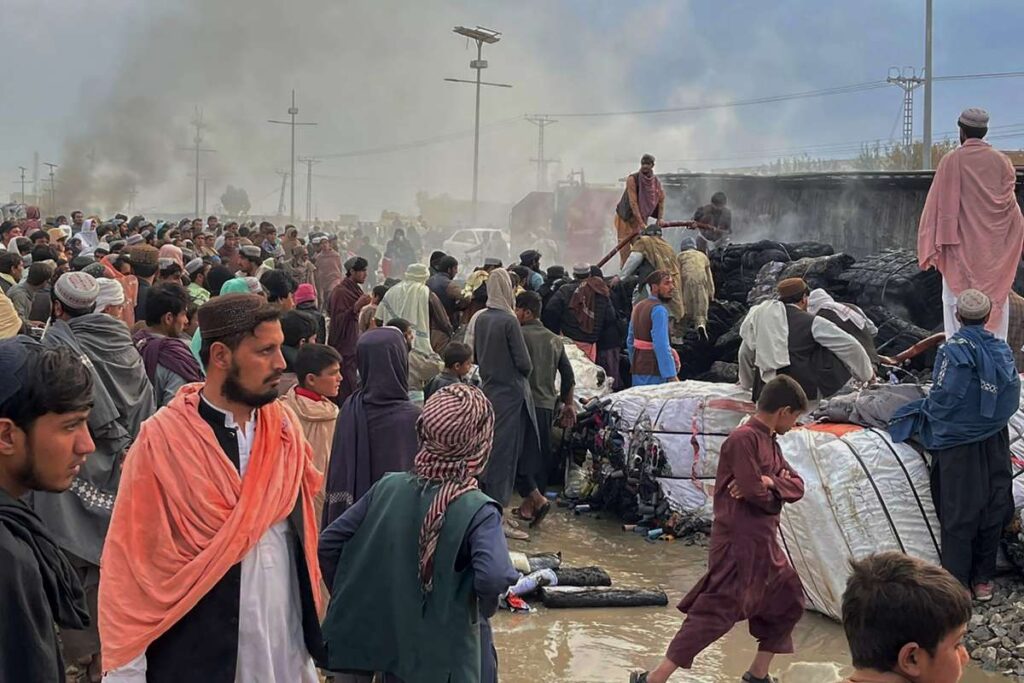
Balochistan is the largest province of Pakistan, covering nearly 44 percent of the country’s landmass. It is rich in natural resources like natural gas, coal, copper, and gold. It borders Iran and Afghanistan, making it a strategic region geopolitically. Despite all these advantages, Balochistan remains one of the poorest and most unstable regions in South Asia.
Many outsiders are unaware that the people of Balochistan have been protesting for decades, demanding justice, autonomy, and the right to live with dignity. This article will take you through how Balochistan, once a region full of potential, has been pushed into turmoil by years of neglect, repression, and broken promises by the Pakistani state.
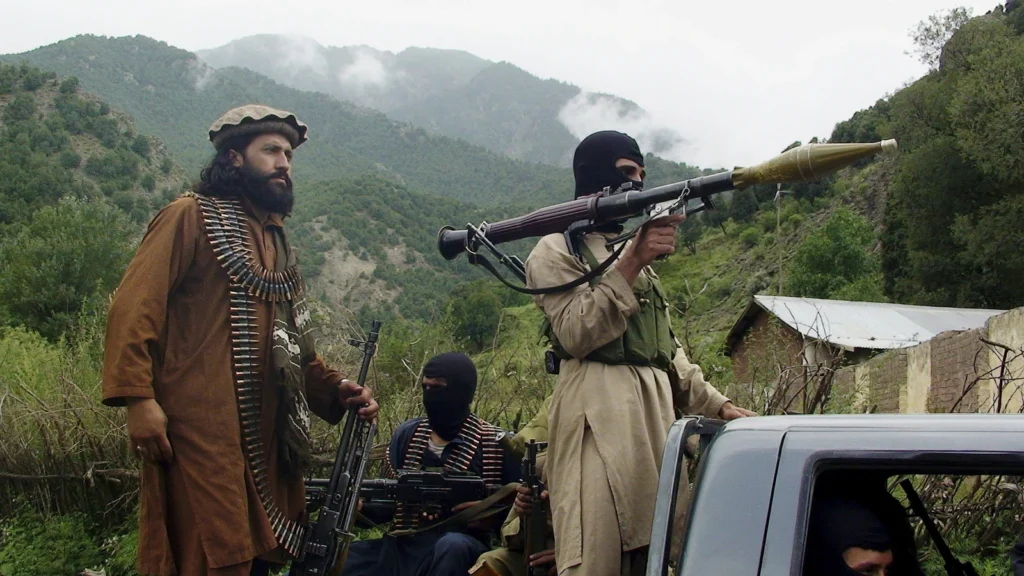
Balochistan Potential: The Sleeping Economic Giant

From the outside, Balochistan seems like a blessing for Pakistan. It is home to the Saindak and Reko Diq mines, sites rich in gold and copper.
The Gwadar Port, developed under the China Pakistan Economic Corridor (CPEC), has the potential to connect South Asia to the Middle East and Central Asia.
If used properly, these resources could have uplifted not just the province, but the entire country. But instead, these resources have been extracted without real benefit reaching the local population.
Broken Promises and Rising Anger in Balochistan

The grievances of the Baloch people are not new. They stem from decades of unfulfilled promises. Each time Pakistan’s central government made a commitment, be it on resource-sharing development funds, or greater autonomy, it has failed to follow through.
Even though natural gas from Balochistan has powered Pakistan’s industries for decades, many villages in Balochistan still don’t have basic gas connections or clean drinking water. This is not just an economic issue, it is a deep betrayal felt by the people.
State Repression and the Rise of Militancy
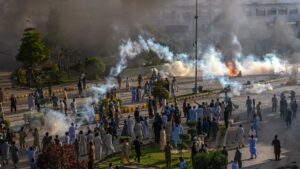
Over the years, Balochistan has become heavily militarised. Instead of dialogue, the Pakistani state has responded to dissent with force. Reports of enforced disappearances, targeted killings, and torture are widespread.
This heavy-handed approach has led to the rise of separatist movements, some of which have taken up arms. Militants attack infrastructure projects and security forces, and the situation has become a cycle of violence with no real winners, only suffering civilians.
The Role of External Powers and Mistrust Over CPEC
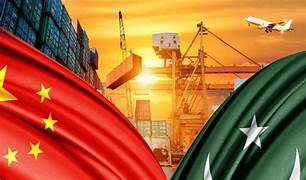
China’s increasing influence in Balochistan, especially through the China Pakistan Economic Corridor(CPEC) and Gwadar Port, has raised concerns.
Many locals feel they are being treated as second-class citizens in their own land while foreigners reap the benefits of their resources.
CPEC, which could have been a game changer, has only deepened the sense of alienation. Projects are launched without consulting the local population, and the jobs created often go to outsiders.
Human Rights and the Missing Persons Crisis
Perhaps the most tragic aspect of the Balochistan crisis is the “missing persons” issue. Thousands of Baloch activists, students, and civilians have reportedly disappeared without trial. Their families continue to search for them, often marching from Quetta to Islamabad in protest.
The state denies many of these claims, but international human rights organizations have raised serious alarms. This unresolved issue continues to deepen mistrust and trauma among Baloch families.
Why the World Must Pay Attention to Balochistan
While the world watches conflicts in Gaza, Ukraine, and Syria, the crisis in Balochistan receives little international attention. But this is not just an internal matter for Pakistan. It involves human rights, regional stability, and the failure of a state to protect its own citizens.
With Iran and Afghanistan nearby, and with Chinese interests invested, instability in Balochistan could have wider implications for South Asia and beyond.
Natural wealth without Justice
Balochistan’s story is not just one of tragedy. It is a reminder that natural wealth without justice means nothing. It is a warning that when people are denied their rights for too long, rebellion becomes their only voice.
Pakistan still has a chance to turn this around, but it must listen, not silence. It must heal, not harm. The people of Balochistan deserve not just development, but dignity.
For more such informative articles stay tuned at The World Times



